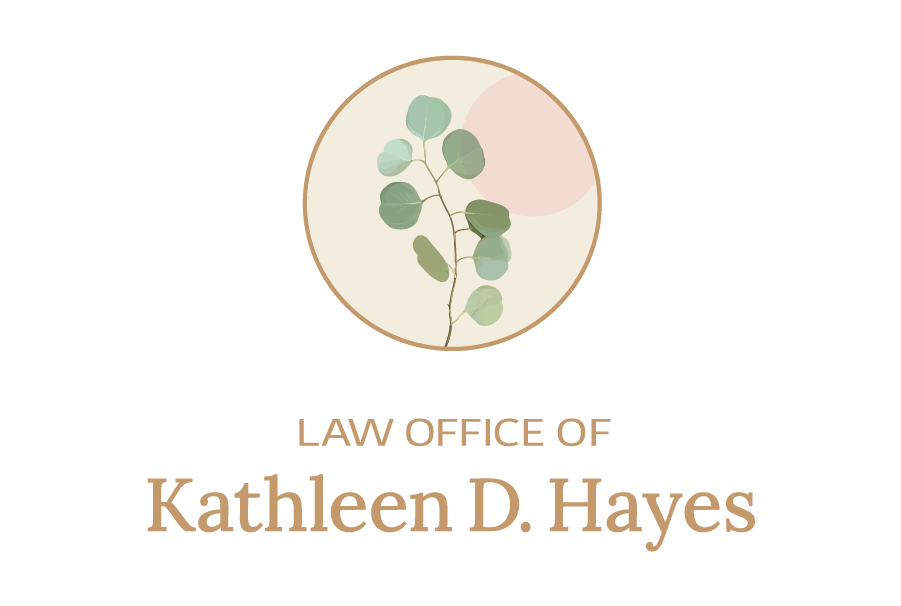All About ABLE Accounts
Many individuals with disabilities have heard of ABLE accounts, but few know the answers to all the “w” questions: Who can open an ABLE account; What is an ABLE account; Where can you open an ABLE account; and Why would you open an ABLE account?
For those who have long been searching, here are the answers.
WHO can open an ABLE account?
An ABLE account can be opened by an individual with a disability that began before the age of 26. The individual’s disability must meet Social Security criteria, meaning it must impact his/her ability to be gainfully employed for a time period of 12 months or more. This requirement is satisfied by all individuals who began receiving Supplemental Security Income (SSI) before the age of 26. If an individual’s disability began before 26 but he/she did not begin receiving SSI before then, the individual’s physician can complete a particular form documenting that the disability criteria is satisfied.
WHAT is an ABLE account?
An ABLE account is a tax-advantaged bank account for individuals with disabilities. Any money contributed to this account grows income-tax free. The individual with a disability and other individuals can contribute money to the account. However, the total contributions cannot be higher than $15,000 each year (except, individuals who are working can contribute additional funds).
The money in the account must be used for “qualified disability expenses.” According to the Social Security Administration, qualified disability expenses are any expenses related to an individual’s disability, and include (but are not limited to):
· Education
· Housing
· Transportation
· Employment training and support
· Assistive technology and related services
· Personal supports
· Health needs
· Prevention and wellness
· Financial management and administrative services
· Legal fees
· Expenses for ABLE account oversight and monitoring
· Funeral and burial expenses, and
· Basic living expenses.
If there is any money remaining in the ABLE account upon the death of the account holder, any state that provided Medicaid assistance to the individual is paid back before the funds are distributed to the named beneficiaries.
WHERE can you open an ABLE account?
While Connecticut does not currently have an ABLE program, an individual can open an ABLE account in any state that offers ABLE accounts to out-of-state residents.
WHY would you open an ABLE account?
The most significant “w” question is the why? Not all individuals with disabilities need or would benefit from an ABLE account.
The key question is this: Is the individual receiving supports from the state or federal government that have low financial limits (like SSI or Medicaid)?
If the answer to this question is yes, then the individual would most likely benefit from an ABLE account. An ABLE account helps individuals to stay within the low financial limits of public benefit programs, even though their money exceeds these limits.
For example, SSI has a resource limit of $2,000. If an individual has $5,000 in an ABLE account, he/she will still qualify for SSI because the money in the ABLE account is treated as if it is invisible.
In addition, individuals enrolled in SSI face many restrictions regarding their ability to manage and control cash money. For example, if a recipient on SSI receives cash in any amount, then this will reduce his/her monthly benefit by one-third. ABLE accounts enable SSI recipients to manage and control cash funds without this reduction in SSI.
Lastly, many SSI beneficiaries receive a reduced SSI benefit because they are living rent-free. By using an ABLE account in conjunction with a bona fide rental agreement, this reduction can be avoided.
To learn more about ABLE accounts, and to uncover ABLE planning strategies tailored to your circumstances, please do not hesitate to contact us. We are always here to help.
The information on this website is for general information purposes only. Nothing on this website should be taken as legal advice for any individual case or situation. This information is not intended to create, and receipt or viewing does not constitute, an attorney-client relationship.
